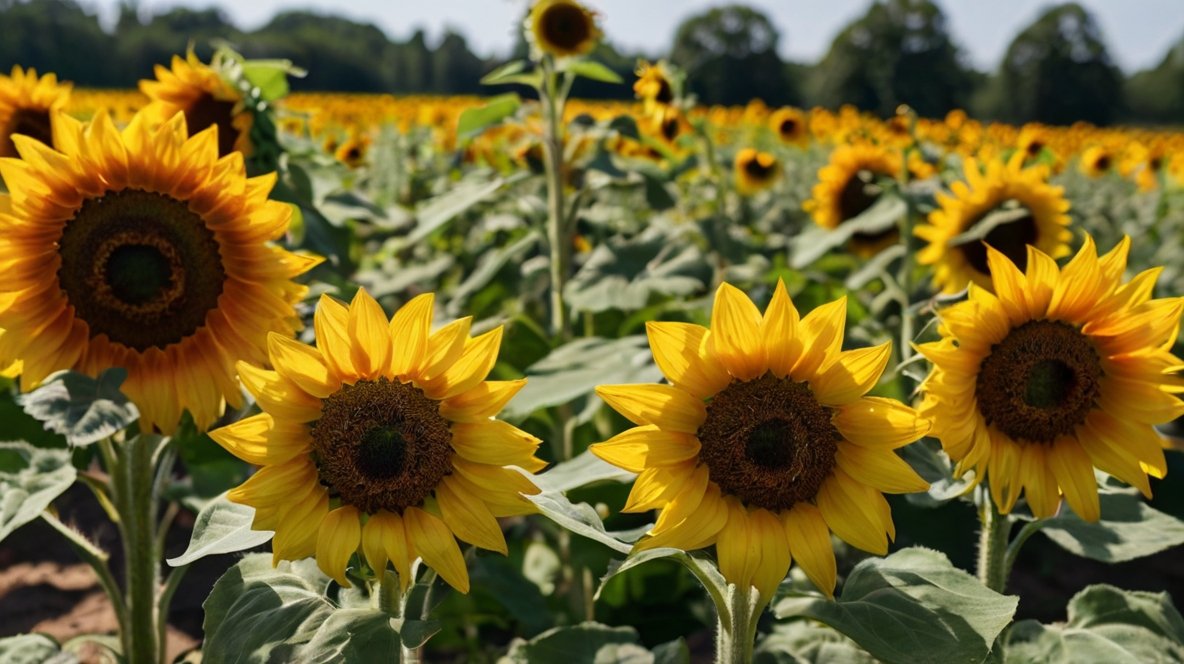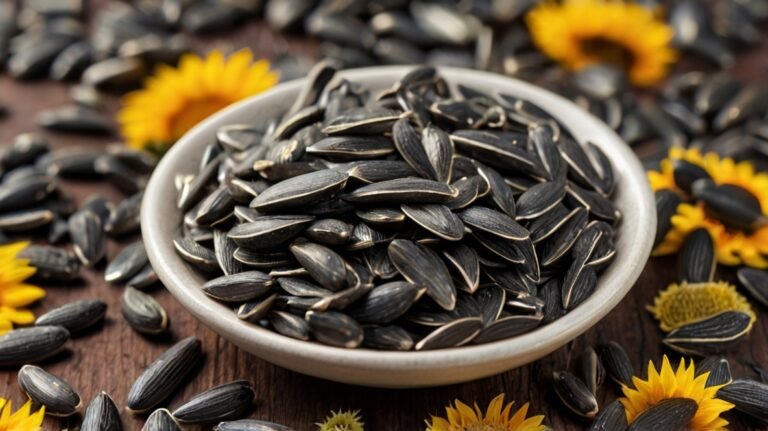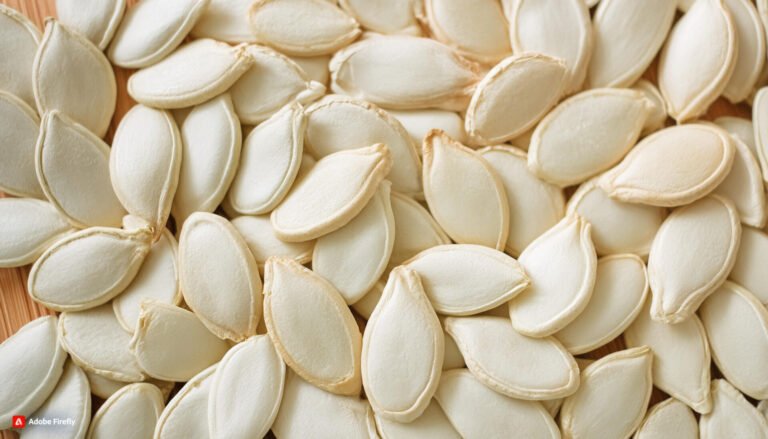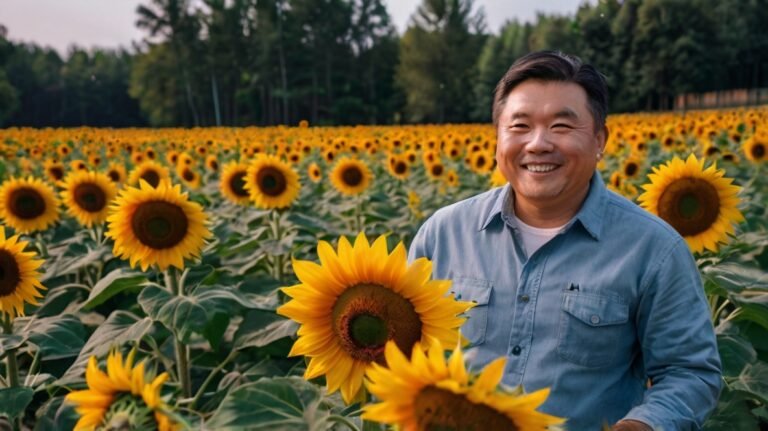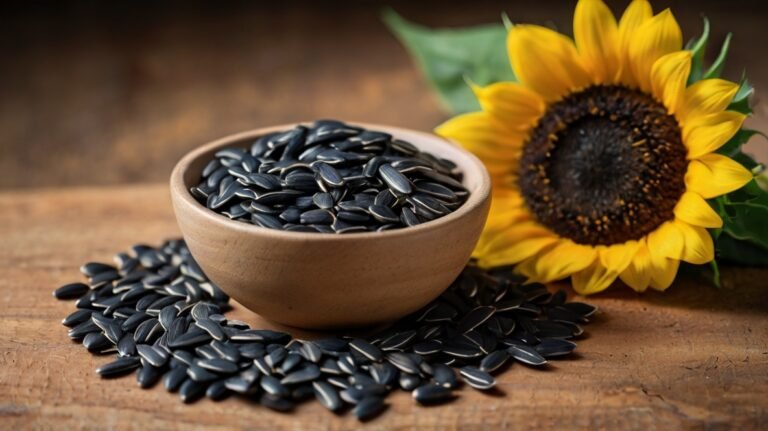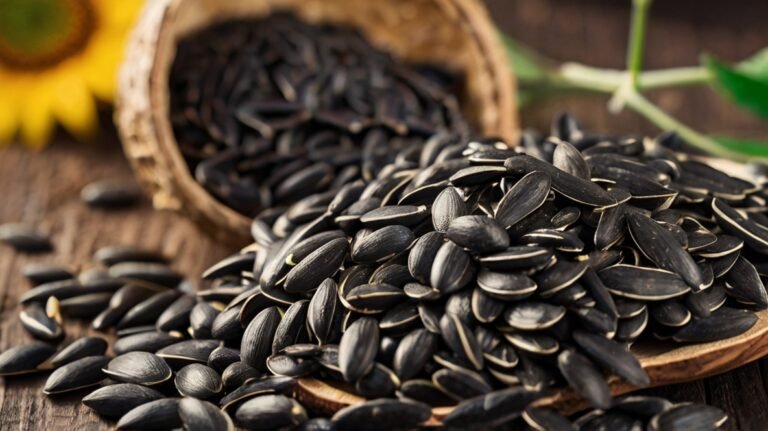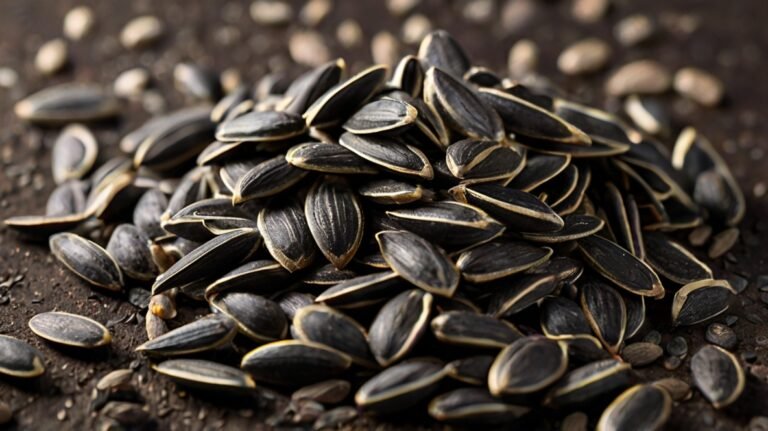Sunflowers have captivated gardeners and nature enthusiasts for centuries with their vibrant beauty and versatile uses. At iSunflowerSeeds, we're passionate about preserving and promoting heirloom sunflower varieties, each with its own unique story and characteristics. Join us on a journey through the world of heirloom sunflower seeds, where we'll explore their rich history, diverse appearances, and the joy they bring to gardens and kitchens alike.
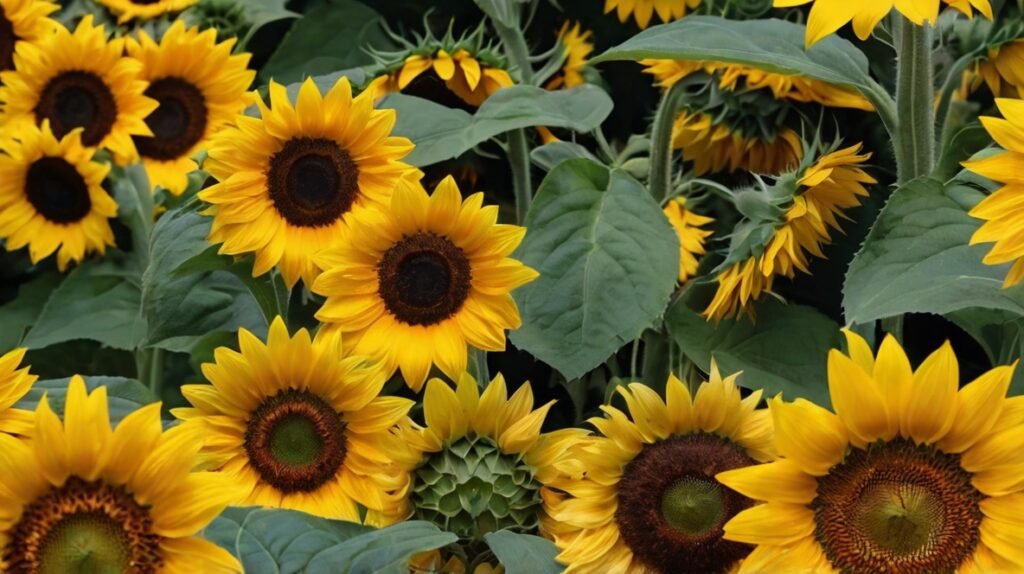
The Allure of Heirloom Sunflower Seeds
Heirloom sunflower seeds are like time capsules, carrying genetic traits passed down through generations. Unlike hybrid varieties, heirloom seeds produce plants true to their parent, maintaining their distinct qualities year after year. This genetic consistency makes them invaluable for preserving biodiversity and connecting us to our agricultural heritage.
Check out our premium sunflower seed varieties
Our collection includes treasures like the Premium 363 Sunflower Seeds, known for their exceptional quality and nutritional value:
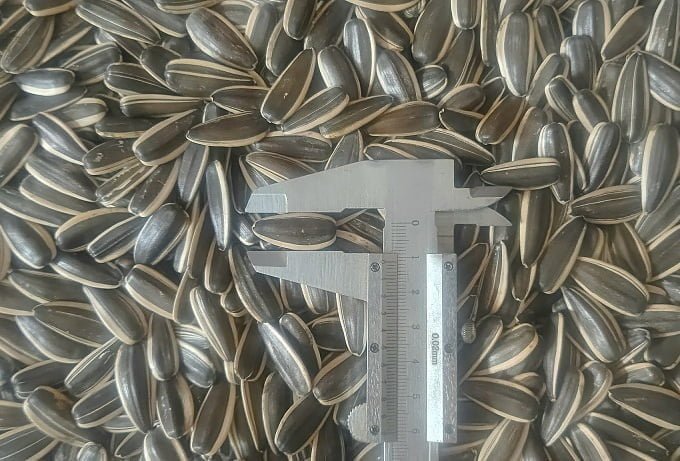
These raw, fresh kernels are a testament to the superior traits preserved in heirloom varieties.
The Rich History of Heirloom Sunflowers
Sunflowers have been cultivated for over 4,500 years, originating in North America. Native American tribes were the first to domesticate these golden beauties, selecting seeds for size, flavor, and oil content. European explorers later introduced sunflowers to the Old World, where they gained popularity and underwent further cultivation.
Learn more about growing sunflowers from seeds
Today, we offer varieties that trace their lineage back to these ancient cultivars, such as our Premium Tongqing No. 6 Sunflower Seeds:

These high-quality seeds from Inner Mongolia represent the culmination of centuries of careful selection and preservation.
Diverse Appearances and Characteristics
One of the most fascinating aspects of heirloom sunflowers is their incredible diversity. From towering giants to compact dwarfs, and from classic yellow petals to rich burgundies and bi-colors, there's a variety to suit every garden and preference.
| Characteristic | Range |
|---|---|
| Height | 1-12 feet |
| Flower Size | 2-14 inches |
| Petal Colors | Yellow, orange, red, burgundy, bi-color |
| Seed Patterns | Striped, solid, mottled |
Explore the nutritional benefits of sunflower seeds
Our Premium 361 Sunflower Seeds showcase the classic beauty that has made sunflowers a garden favorite:
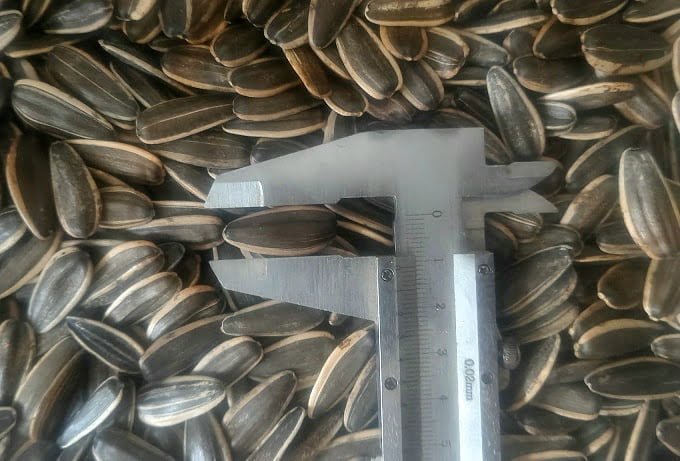
These nutrient-rich kernels are as delicious as they are beautiful.
Culinary Delights: Heirloom Sunflower Seeds in the Kitchen
Heirloom sunflower seeds aren't just for gardens; they're culinary treasures too. Their rich, nutty flavors make them perfect for a variety of dishes, from salads to baked goods.
Discover creative ways to use sunflower seeds in cooking
Try this simple recipe using our Premium 363 Sunflower Seeds:
- Toast 1 cup of seeds in a dry skillet until fragrant
- Toss with mixed greens, crumbled feta, and dried cranberries
- Drizzle with a honey-mustard vinaigrette
Learn how to properly roast sunflower seeds
Health Benefits of Heirloom Sunflower Seeds
Heirloom sunflower seeds are not only delicious but also packed with nutrients. They're an excellent source of vitamin E, selenium, and healthy fats, making them a heart-healthy snack option.
Explore the health benefits of sunflower seeds
| Nutrient | Amount per 1 oz (28g) |
|---|---|
| Calories | 164 |
| Protein | 5.8g |
| Fat | 14g |
| Fiber | 2.4g |
| Vitamin E | 37% DV |
| Selenium | 32% DV |
Our Premium Tongqing No. 6 and 361 varieties are particularly noted for their high nutritional content, making them an excellent choice for health-conscious consumers.
Growing Heirloom Sunflowers: Tips for Success
Cultivating heirloom sunflowers can be a rewarding experience for gardeners of all levels. These hardy plants are generally easy to grow, but a few tips can help ensure success:
- Choose a sunny location with well-draining soil
- Plant seeds directly in the garden after the last frost
- Space plants according to their mature size
- Water deeply but infrequently to encourage deep root growth
- Support tall varieties with stakes if necessary
Get detailed guidance on growing sunflowers from seeds
Preserving Heirloom Varieties for Future Generations
As stewards of these genetic treasures, it's crucial to properly harvest and store heirloom sunflower seeds to ensure their viability for future plantings.
Learn the proper techniques for harvesting sunflower seeds
Discover the best methods for storing sunflower seeds
By saving seeds from your strongest plants each year, you can help preserve and even improve these heirloom varieties over time.
The Versatility of Heirloom Sunflower Seeds
Beyond their use in gardens and kitchens, heirloom sunflower seeds have a wide range of applications:
- Bird feed: Many bird species love sunflower seeds
- Oil production: Some varieties are ideal for producing high-quality sunflower oil
- Crafts: The seeds and flowers can be used in various art projects
- Natural dyes: Some varieties produce seeds that can be used to create natural fabric dyes
Explore how sunflower seeds can be used to feed birds
Learn about the process of making sunflower seed oil
At iSunflowerSeeds, we're committed to providing the highest quality heirloom sunflower seeds for all your needs. Whether you're a gardener, chef, or nature enthusiast, our diverse selection of premium seeds has something for everyone. Explore our collection today and discover the timeless beauty and value of heirloom sunflower varieties.

